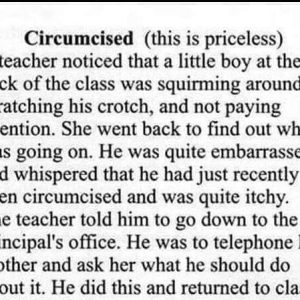Henry Winkler, celebrated for portraying Fonzie on Happy Days, emerged from a childhood far removed from the glitz associated with celebrity life. Born to immigrant parents who fled Nazi Germany, Winkler confronted adversity due to an undiagnosed reading disorder.
His parents, unaware of his dyslexia, unfairly branded him as “dumb,” even coining the term ‘Dummo Hund,’ or dumb dog.
This derogatory labeling extended to teachers and peers, casting a shadow over his formative years and shaping a challenging self-perception.

Despite these obstacles, Winkler relentlessly pursued his aspirations. Applying to 28 colleges, he secured admission to two and eventually received an acceptance letter from the esteemed Yale School of Drama. His talent came to the forefront during an impromptu Shakespearean monologue, propelling him towards success.
While flourishing on-screen as the charismatic Fonzie, Winkler grappled with dyslexia impacting his reading and coordination. Even when offered the lead role in Grease, he declined to avoid being pigeonholed.
At the age of 31, Winkler’s perspective underwent a transformation during his stepson Jed’s dyslexia test. Recognizing their shared struggle, Winkler acknowledged dyslexia as a silent barrier that had profoundly affected his life. Overcoming auditions through script memorization, he used humor as a shield, asserting that he provided the ‘essence of the character.’

Post-Happy Days, Winkler explored diverse acting roles and played a role in creating the MacGyver series. Despite facing transitional phases, his unwavering determination and talent prevailed, illustrating that triumph over personal struggles can lead to remarkable achievements.
Henry Winkler’s journey from being labeled as “dumb” to becoming a beloved figure underscores the potency of determination and talent in attaining greatness. His story stands as an inspiration, emphasizing that personal challenges can be conquered with resilience and unwavering dedication.





